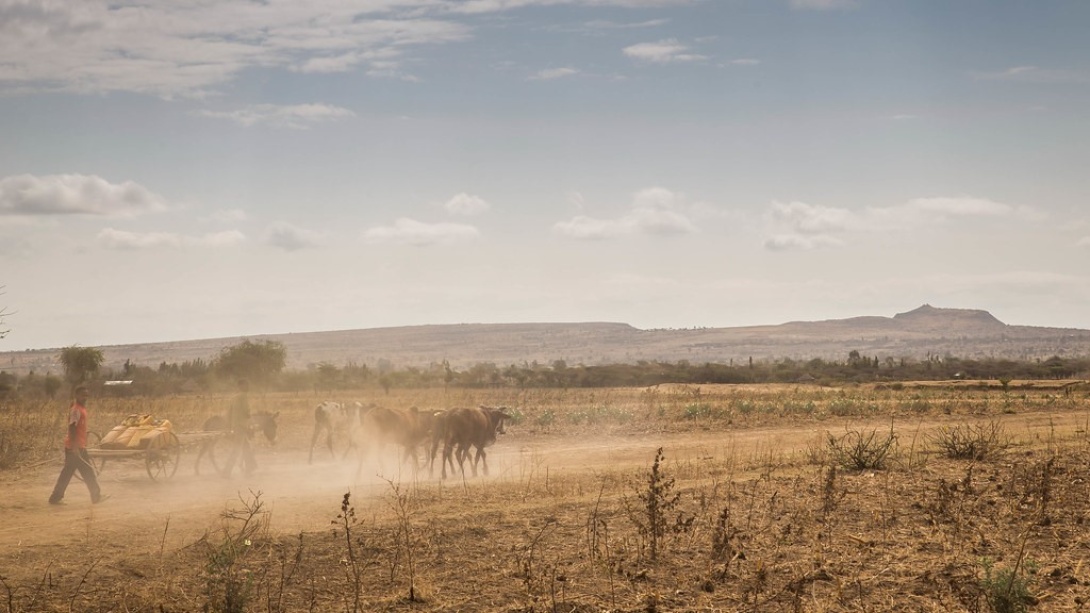
Environmental degradation: a growing crisis
Environmental degradation in the Halaba district, in Ethiopia, is becoming a pressing issue driven by environmental and human-caused factors. The district is characterised by soil fertility loss, erosion, massive gully networks and extensive areas of bare land, indicating the ecosystems are fragile and unable to support livelihoods.
This shift has caused several environmental challenges, including soil degradation, biodiversity loss, water scarcity, food insecurity and the exacerbation of climate change impacts. These consequences, combined with population pressures, pose a severe threat to multiple ecosystems such as forest, grazing lands or croplands, and the lives and livelihoods of local communities.
We want the farmers and the communities to know the problem as well as the solution in their own context, so that at the end of the day they are independent and able to manage and extend their activities in the future, upscaling to more members of the farming community – Awdenegest Moges, Hawassa University
Restoring ecosystems and boosting livelihoods
The overarching goal of this project is to work with local communities to promote a mutually beneficial relationship between nature and people in the face of climate change through land restoration and business development.
The project will support the rehabilitation of 100 hectares of degraded land through low-cost interventions to foster ecosystem recovery, restoring Indigenous plants and creating improved habitats for wildlife. This will be compounded with support for local economies and livelihoods through market-oriented interventions that will enhance community business practices, including the creation of locally led new business models for 120 members, with a focus on socially disadvantaged groups such as young people, women and people who are unemployed.
The design of this project responds to the specific needs and priorities of communities affected by land degradation. Using the expertise from Hawassa University, International Water Management Institute and University of Aberdeen and by actively engaging with local stakeholders such as farmers, community-based organisations, youth and women groups, and government offices, these interventions will embed local knowledge and perspectives, and shape the project direction to best address local challenges.
Connect
Dr Awdenegest Moges (awde_moges@yahoo.co.uk) is project lead for Hawassa University
Prof Euan Phimister (e.phimister@adbn.ac.uk) is project lead for University of Aberdeen